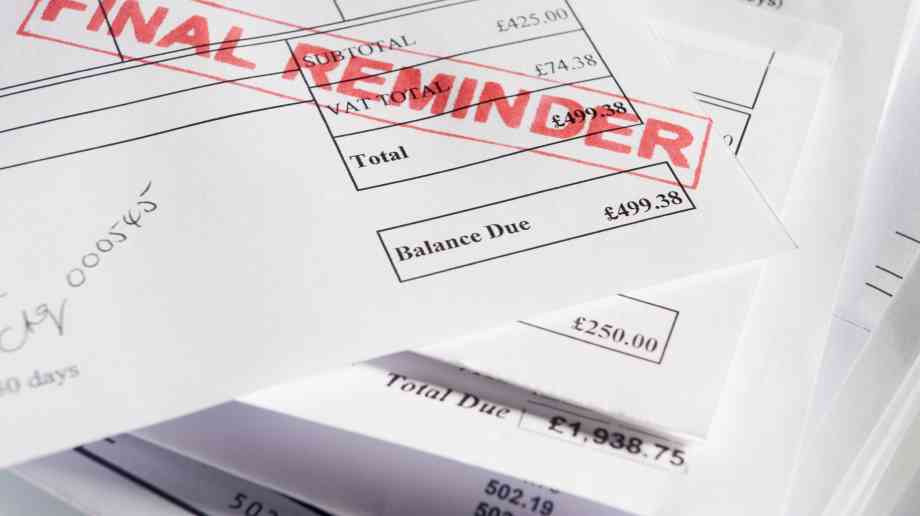Sue Robb of 4Children talks to Julie Laughton and Alison Britton from the Department for Education about the role of childminders in delivering the 30 hours free entitlement.
Government must act to stop £158m in bailiff fees

The StepChange charity has warned that the government needs to act to prevent council tax loading £158 million in bailiff and court fees on to people who can’t pay following the pandemic.
Bailiff visits, often to enforce debt owed to local authorities in the form of unpaid council tax, are set to resume operations from 23 August, following a temporary ban during the coronavirus emergency. Research in May suggested that approximately 820,000 people had fallen into council tax arrears during the pandemic.
The same research showed that over four million people had accumulated around £6 billion of debt and arrears attributable to financial shock caused by the pandemic.
On a conservative estimate, people who owe more than £500 million of arrears accumulated on council tax since the pandemic, and who cannot afford to pay, could be hit by up to an additional £158 million of costs purely as a result of the bailiff and court fees that could be added.
Local authorities are the highest users of bailiffs – referring 2.6 million debts to bailiffs, of which 1.4 million were for unpaid council tax, in the 2018/19 year.
While the government has allocated some additional funding to local authorities and some additional flexibility about their own repayment of debt, this does not address the particular pressure that local authorities will face to resume bailiff enforcement that just makes things worse for households already struggling.
StepChange is calling for the government to introduce a statutory pre-action protocol for council tax that would require councils to take certain steps before seeking a liability order for bailiff enforcement action, as well as amending the council tax regulations to enable local authorities to show greater flexibility.
Phil Andrew, StepChange CEO, said: “The issue of how commonly local authorities use bailiffs to enforce unpaid debts, piling shocking levels of fees and fear onto already struggling households, seems to go unnoticed as the Cinderella of the debt recovery landscape. That is wrong at any time, but in the wake of coronavirus it needs urgent attention. Local authorities need both help and a prescribed process from central government to ensure that their first and foremost aim in current circumstances is to help their residents get back on their feet financially through affordable repayment plans, rather than to subject people who can’t afford to pay their council tax to even higher costs and stress.
“We call on the government to amend the council tax regulations, and to introduce a statutory council tax pre-action protocol, to ensure people facing debt do not see their problems exacerbated by archaic elements of council tax regulation and practice that are lagging behind the government’s wider policy objectives.”
Company Focus
Just Lanyards is a subsidiary name of Gifts 2 Impress Limited, who have been trading for over 25 years, we therefore pride ourselves in having endless experience covering all aspects of the promotional merchandise industry.
Event Diary
UKREiiF has quickly become a must-attend in the industry calendar for Government departments and local authorities.
The multi-award-winning UK Construction Week (UKCW), is the UK’s biggest trade event for the built environment that connects the whole supply chain to be the catalyst for growth and positive change in the industry.
Supplier Profiles
Geo Energy
At GeoEnergy Design, we're on a mission to disrupt the traditional way heating and cooling ha
Latest Features
Professor Harith Alani, director of the Knowledge Management Institute at the Open University explains how AI can be used for good and bad.
Alex Lawrence, head of health & social care, techUK sets out techUK’s Five Point Plan for CareTech.

















